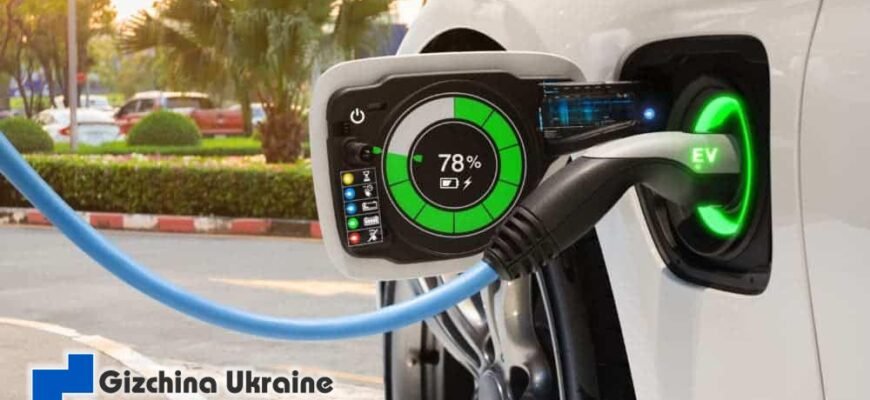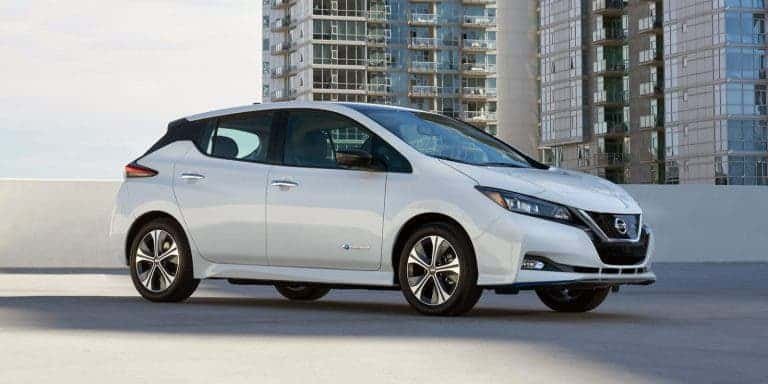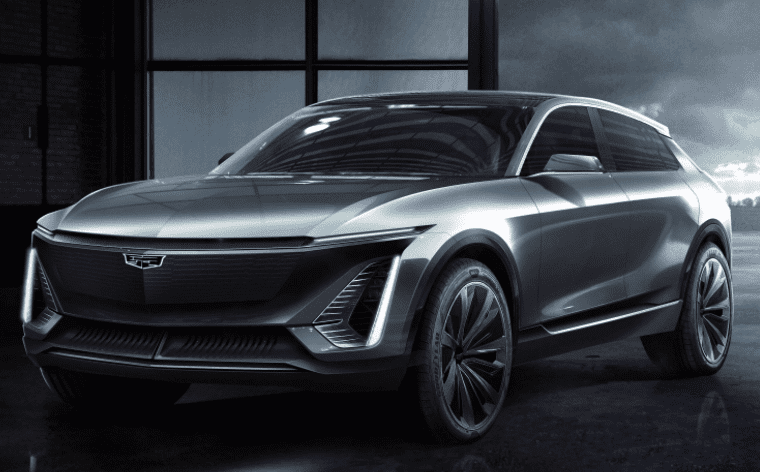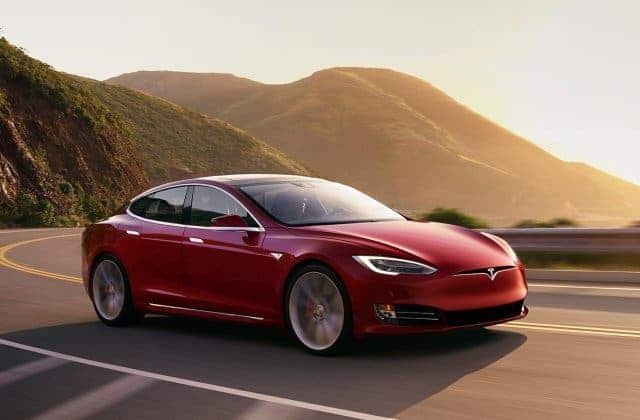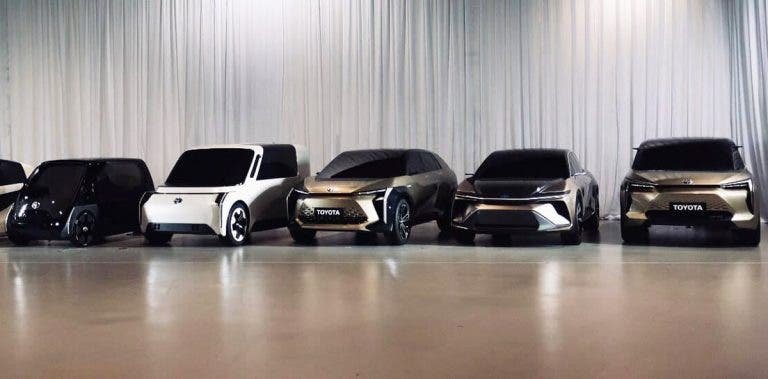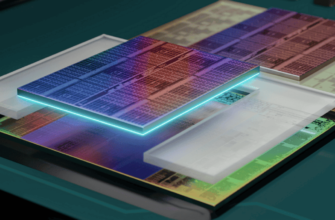The largest car manufacturers are now switching to electric vehicles. But the behavior of Japanese companies seems to be at odds with the current general trend. There are two main reasons for this. One of them is that Japanese automakers have invested heavily in the field of hybrid electric vehicles. Therefore, they do not want to give up this idea. Secondly, they are concerned about the technical obstacles inherent in electric vehicles. This will harm the traditional ecosystem of the automotive industry.
A little over ten years ago, Nissan Motor Co. became the first car manufacturer in the world to mass-produce pure battery cars. At least by EV standards, its Leaf hatchback is a wildly popular electric model, with more than 2020 sold by the end of 500. But as the path Nissan blazed through becomes increasingly crowded, the Japanese auto giant is in danger of leaving. As governments and automakers around the world make bold promises to switch to electric vehicles, Japanese car companies and regulators are hedging their bets.
Nissan Leaf
Japanese automakers still dominate today's global market for environmentally friendly vehicles (hybrid electric vehicles). And they hope to use their huge investment in this technology for as long as possible to get a bigger return. However, the Leaf's original chief designer Masato Inoue said the short-term streak risks missing a transformative moment for the country's most important industry.
He added that “when it comes to disruption, there is always fear. In fact, a big wave of electric cars is coming."
However, at this time, electric vehicles account for less than 3% of global sales. There are many reasons behind this. But the most annoying reasons seem to be high prices, limited range and longer charging times. Admittedly, only some luxury models provide the best performance.
Japanese automakers have a slow transformation
Tesla was one of the most active manufacturers of electric cars. So it makes sense to see this company at the top of the list. In January of this year, General Motors became the first major automaker to announce that it would eliminate all vehicle exhaust and pledge to achieve this goal by 2035. More recently, Volvo has pledged to produce electric cars only until 2030 in order to beat bigger rivals. In addition to traditional automakers, startups like Weilai Automobile, as well as giants in other industries like Apple, are looking to tap into this fast-growing market.
Automakers in the US, China, Europe and South Korea are already rapidly outpacing Japanese rivals. Toyota launched the first pure electric car on the consumer market only in early 2020. And Honda relies on General Motors to produce electric cars for the American market.
According to EV-volumes.com, Japanese cars will account for less than 5% of global electric vehicle sales in 2020. This share is largely due to the continuing popularity of the Leaf, which accounts for nearly 65% of battery electric car sales in Japan.
Part of the reason for the electric car boom is that China, European countries and other regions plan to increase sales of electric cars in the next few years or ban gasoline vehicles. Scientists say moving away from fossil fuel vehicles is vital to climate change.
Tesla
These measures have created a huge potential market for fully electric cars. And investors clearly see this as the future of the auto industry. Today, Tesla's market capitalization is higher than that of the top nine automakers combined, even though its car sales are only a small fraction of them.
Japan is still optimistic about the prospects for hybrid vehicles
However, in Japan, automakers and the government are questioning certain basic conditions that determine the trend of electric vehicles. At least in the short to medium term, they are skeptical of the potential profitability of electric vehicles. Last December, Japan announced that it would stop selling new fuel-efficient cars in the mid-2030s. However, the Japanese government still considers hybrid vehicles to be an important technology. Plus, he has no intention of following the example of Great Britain and California to issue bans.
Japanese regulators said they would announce relevant details this year
To counter the call to eliminate hybrid cars, Akio Toyoda, president of the Japan Automobile Manufacturers Association and president of Toyota, the world leader in sales of hybrid cars, found the strongest support.
Toyota leads the trend of the entire Japanese automobile industry. The company owns the Daihatsu brand. In recent years, the company has partnered with three smaller automakers, Subaru, Suzuki and Mazda, to develop hybrid vehicles. These three companies produce more than half of all Japanese cars. In addition, Toyota is also vigorously promoting the use of hydrogen fuel cells to power cars, although the technology has yet to become popular in Japan or elsewhere.
Last December, Akio Toyoda disparaged the idea of replacing hybrid cars with all-electric cars in Japan at a press conference. At the same time, he accused the Japanese media of exaggerating the commercial and environmental viability of hybrid cars.
As Toyota's second largest market, Japan plans to achieve carbon neutrality in 2050. But Japan continues to rely on fossil fuel energy production. So awareness of the environmental benefits of cars will still be a long way off.
So when does Japan plan to go electric?
He also said that if Japan is forced to switch to all-electric vehicles, which require fewer parts and are easier to manufacture, it could put millions of people out of work and destroy the entire auto parts supplier ecosystem.
Sales of gasoline and electric hybrid vehicles are expected to continue to grow through 2027, IDTechEx said in its report. The company's analyst James Edmondson said it is therefore clear that Japanese companies and regulators want to recoup the country's huge investment in hybrid technology and wait to see how consumer preferences and overseas regulatory regimes change.
Kota Yuzawa, an auto industry analyst at US investment bank Goldman Sachs, said it was not a question of whether Japanese automakers would be able to complete the transition. They have world-class technology and have invested a lot of resources to develop more technology. "But they are waiting for the right time."
